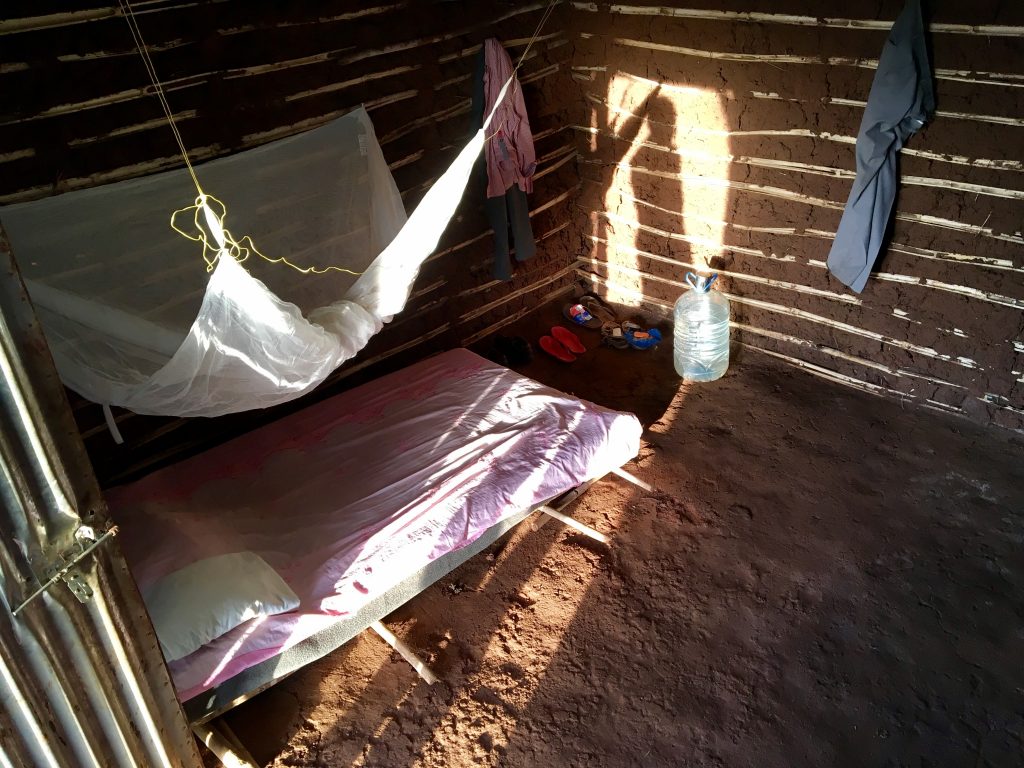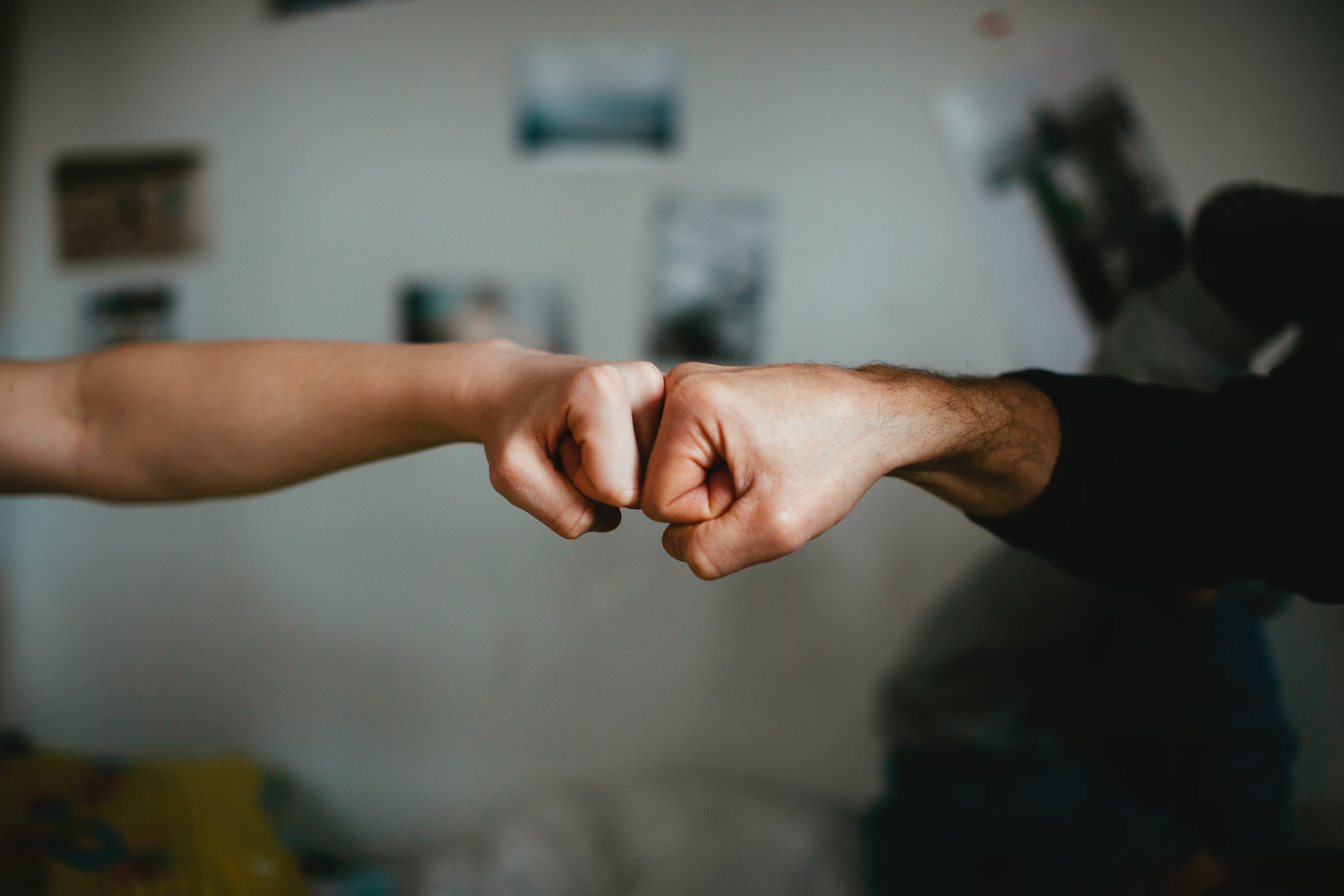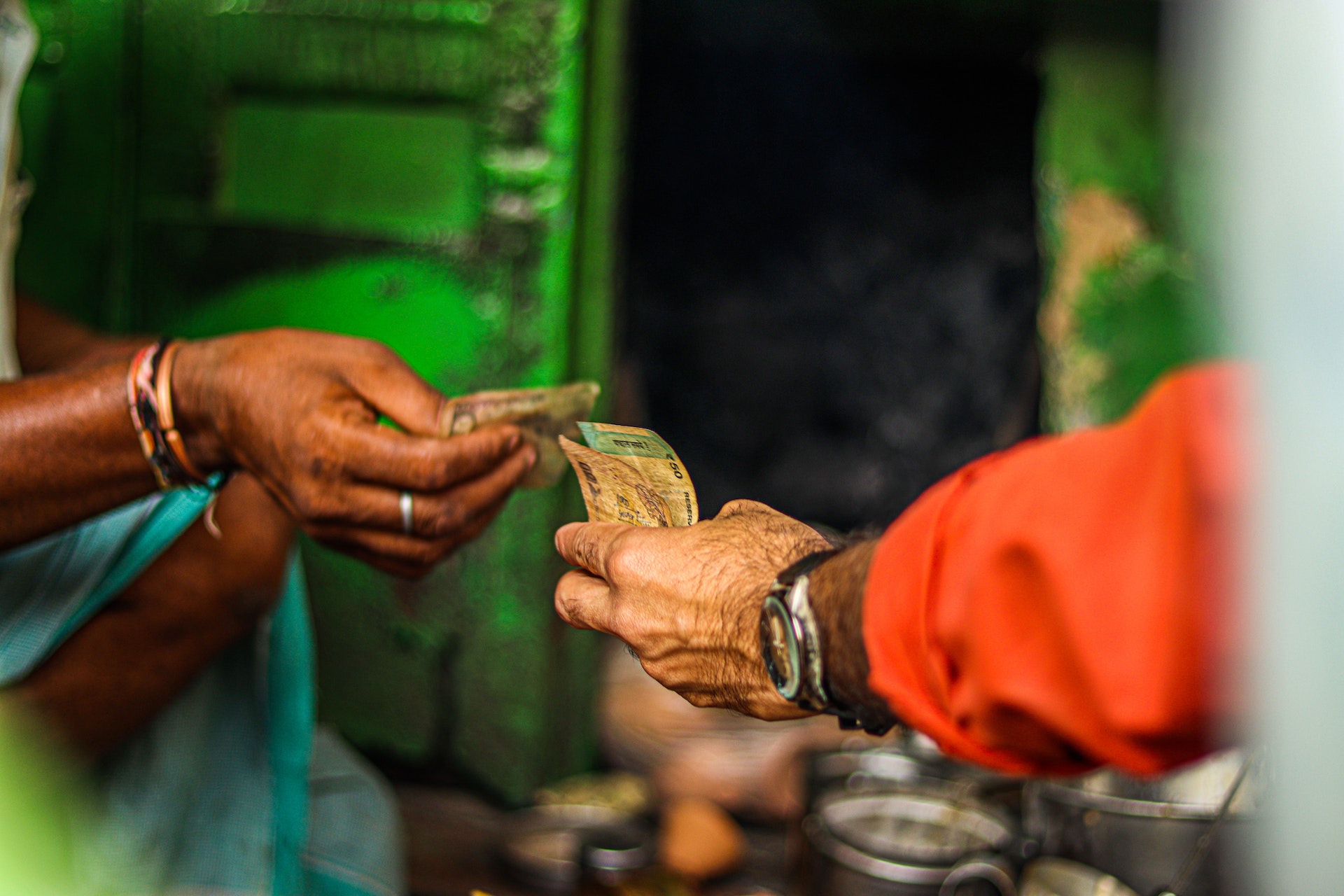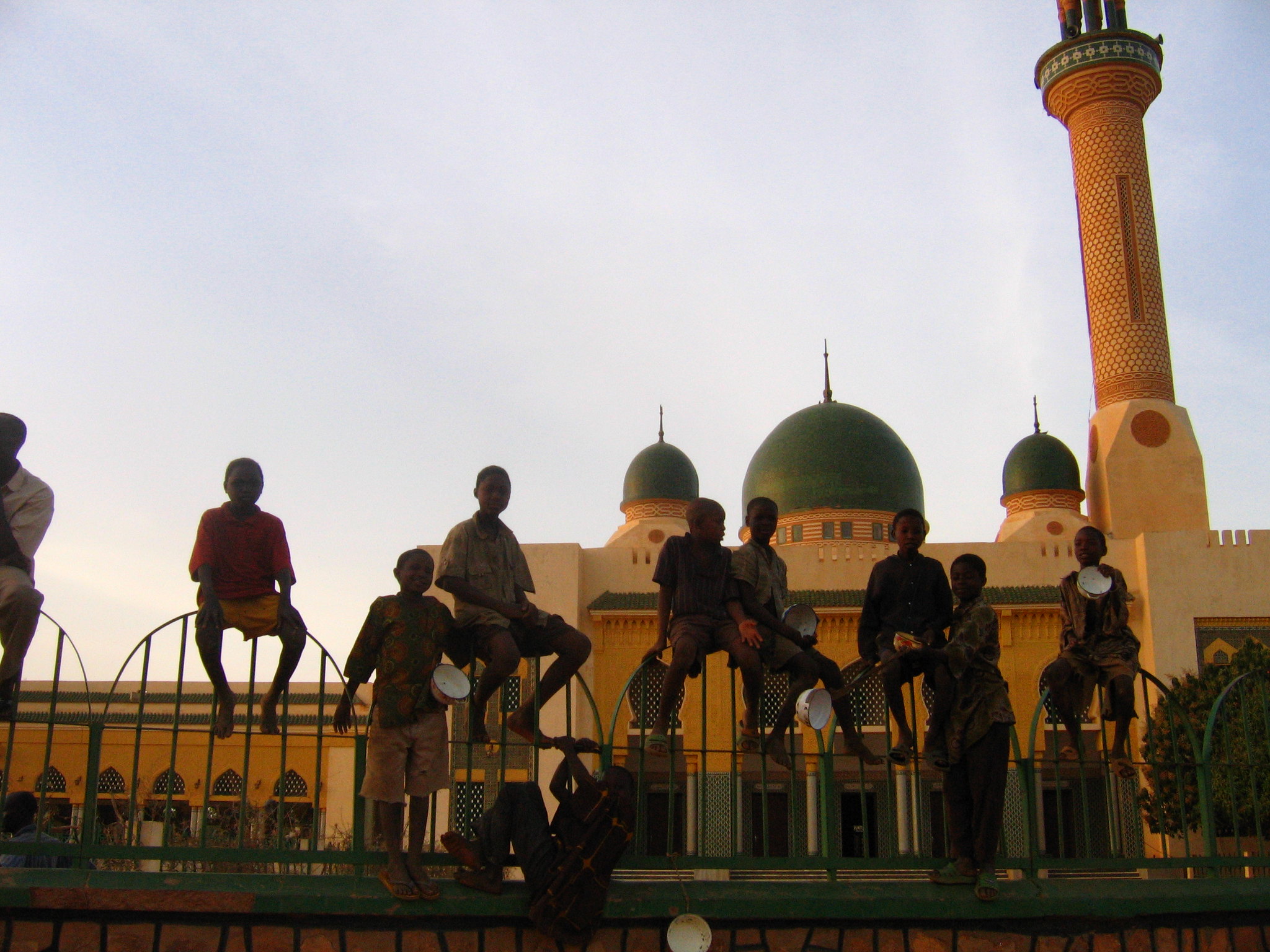How do people who have repeatedly lived through war and displacement see suffering, coping, and resilience? Bruno Braak and Isaac Waanzi spoke to South Sudanese refugees in Uganda to find out.
When it comes to living with adversity, South Sudanese people are experts. Cycles of war, displacement, and return have been common for at least half a century. The South Sudanese Civil War which began in 2013 cost the lives of at least 400,000 people. By January 2023, an estimated 4.2 million South Sudanese were displaced internally or abroad; about a third of the country’s population. Many people have been stuck in a cycle of refuge and return, like Mama Minisare who has fled her home five times. ‘In my life, it is only war that has forced me to live in almost all parts of the earth,’ she said.

Most resilience research in Africa has focused on young people and men, overlooking women and the elderly. But elderly women have valuable lessons to teach on resilience learned through lived experience.
Resilience in theory and practice
‘Resilience’ and ‘self-reliance’ are central notions in Uganda’s refugee policy, and the wider UN refugee frameworks. Critical scholars have argued that this emphasis risks diverting attention away from the root causes of conflict and disasters. The approach is based on a neoliberal desire for ‘cost-effective exit strategies from long-term refugee populations’ and therefore represents a form of abandonment.
The concept of resilience has its roots in psychology, where it was initially associated with ‘invulnerability’ to ‘stressful life events’. Yet psychologists have long acknowledged that Western conceptualisations of psychopathological disorders are not universal. Instead, cultures may have specific ‘idioms of distress’. Research with Sudanese refugees in the West, for example, found a reluctance to medicalise distress or to seek psychological support.
Lessons on resilience
In Pazande, the Zande language, there is no direct translation for ‘resilience’ or ‘coping’. But there are related expressions. The closest two are ‘asada tise’ (exerting oneself) and ‘ka kuti pai’ (holding on). One woman explained: ‘I think of a child learning to walk. Though it falls many times, the baby will ka kuti pai until it masters walking’. Another woman shared this conceptualisation of resilience as the ability to keep exerting oneself, ‘holding on to life’ no matter how difficult the situation might be.

The elderly women’s lessons on suffering, coping, and resilience, can be roughly summarised in eight points.
1. Everything changes. Mama Sungufue: ‘The world turns like the neck of a white termite. When it starts to turn, it can turn you towards happiness. Another turn can put you between death and life. When that happens do not say or even think that it’s over. Because the next turn may favour you, who knows?’
2. Everything passes. Mama Regina: ‘Boro na nye nga ku rogo gbégbére musumo te’ (One cannot stay forever in a nightmare).
3. Be content. Mama Minisare: ‘Rungo ngba ti kpio’ (Poverty is better than death)
4. Accept adjustment. Mama Joan: ‘There are times when the best world turns upside down. But if that happens to Bruno [the co-author] one day, he should just remember the words of the old Zande woman. Let him just adjust and start living like the bat.’
5. Avoid optimism. Mama Regina: ‘Don’t let your brain deceive you by dreaming of big things … Because such big things never come.’
6. Act, however small. Mama Minisare: ‘I naa vo nga wirikumba ni kpe te’ (You can’t dress a man with leaves). In the hardest times, people can still act even if it is just to get dressed.
7. Work hard. Mama Minisare: ‘God is good, but again strengthening one’s hands is better.’ Tellingly, some women brought their hoes when fleeing South Sudan’s war.
8. Care for children to stay sane. Mama Joan: ‘[During the last exile] when my sons were young, I drew hope from them to go on living. I used to think to myself, if I give up now or turn into a mad woman, how many problems will these children have when they grow up? Who will take care of these angels if not me? Now that they have grown up, they do not want to stay with me. I begged them for these three grandchildren, and now they give me hope.’
Development organisations often approach ‘resilience’ in terms of ‘doing well’ after a shock and measure it by looking at people’s psychological or socio-economic outcomes. But these South Sudanese refugee women know that the shocks of war and displacement may well reoccur and that outcomes may be out of their control. Instead, they focus on the perceptions and actions that have helped them to hold on in a life of perpetual insecurity.
Photo credits: UNICEF used with permission CC BY-NC-ND 2.0 and Dr Bruno Braak





